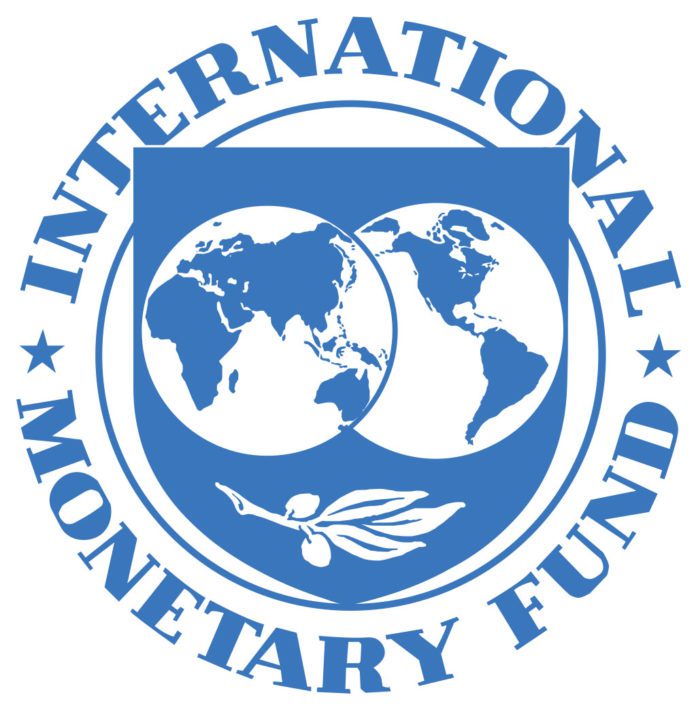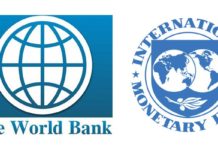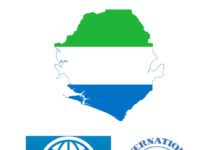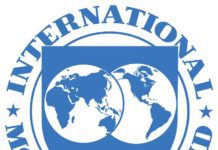
By Mahmud Tim Kargbo
Governments in West Africa planned “slashed and burned” their way out of COVID-19-induced economic loss, an analysis from Oxfam and Development Finance International (DFI) revealed. Both organisations called for an urgent change of course as West African governments were preparing their annual budgets and participating in the Annual Meetings of the World Bank and IMF, which were crucial discussions to focus the recovery on fighting inequality and poverty.
Sources from the Commitment to Reducing Inequality Index
(https://oxfamilibrary.openrepository.com/bitstream/handle/10546/621300/rr-west-africa-cri-austerity-pandemic-141021-overview-en.pdf) show that 14 out of 16 West African nations agreed to cut their national budgets by a combined $26.8 billion over the next five years in an effort to partly plug the $48.7 billion lost in 2020 alone across the entire region due to the pandemic. Such austerity was encouraged by the IMF, through its COVID-19 loans.
The danger is such a massive raid on public finances is currently pushing millions more West Africans into poverty and hunger and potentially triggering the worst inequality crisis in decades. Women are now impacted more severely due to their very high concentration in low-paid informal jobs and unpaid care work. Sources however reveal that the collective net worth of West Africa’s three wealthiest men surged by $6.4 billion in the first 17 months of the pandemic ―enough to lift 18 million people out of extreme poverty.
This idea was austerity on analeptics Rather than investing toward a positive new future for the people of West Africa, the region’s governments instead reached back to a 1980s playbook ―despite it being a hugely discredited one. The danger was that these governments agreed to cut their way into worsening poverty and skyrocketing inequality.
This odd agreement came at a time when the region has lost the equivalent of seven million jobs, infection rates were increasing, there was no vaccine in sight for the vast majority of people and the Sahel is facing one of its worst hunger crises. Surely, this isn’t the time for governments to be ripping away the public goods, support and services that millions of people need.
The index ranked 15 member states of the Economic Community of West African States and Mauritania (ECOWAS+) on their policies on public services, tax, workers’ rights, smallholder agriculture and pandemic response spending, all areas pivotal to reducing inequality and weathering the COVID-19 storm.
The index highlighted that West African governments are again the least committed to reducing inequality in Africa. Most support measures in response to COVID-19 were temporary and did little to reduce inequality while triggering a sharp increase in debt ―debt servicing in 2020-2021 siphoned off about 61.7 per cent of government revenue in West Africa. The support programmes have been replaced with austerity measures as COVID-19 infection rates were increasing in many countries of the region. Less than 4 per cent of West Africans were fully vaccinated then.
Sierra Leone ranked low (13th) on the index. Our government was trying to implement anti-inequality policies before COVID and sharply increased education and health spending. But large corporations pocketed 92 per cent of government pandemic support funding, while only 1.5 per cent was spent on social protection. Sierra Leone’s $860 million upcoming spending cuts (2022-26) are equivalent to two and a half times our annual healthcare budget.
Nigeria was the region’s worst performing country in tackling inequality going into the pandemic. Nigeria’s health budget (as a percentage of its overall budget) was the third lowest in the world (3.6 per cent) and 40 per cent of its population does not have access to healthcare services. Nigeria loses $2.9 billion a year from tax incentives to corporations but in 2021 increased value-added taxes (VAT), which apply to everyday products like food and clothing and fall disproportionately on poor people, from 5 per cent to 7.5 per cent.
Mali has the highest level of income equality among ECOWAS countries with a tax rate on the richest people that is 9% higher than the world.




